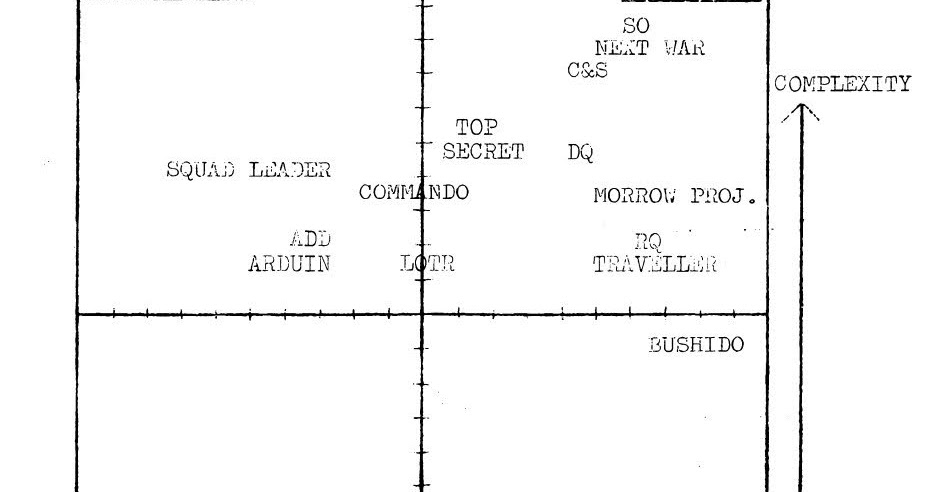Yea, but I think the disconnect I'm seeing is that I feel there's nothing wrong with making recommendations to people based on your own experiences.
Like, if I tell someone I really enjoyed the food at this seafood restaurant over the weekend, and they should give it a shot if they're in the city sometime. If they tell me, "Yea, I really don't like seafood", than that should end the conversation and everyone should be happy. I'm not wrong for thinking the restaurant is great and recommending it to people, and they're not wrong for not liking seafood and thus not wanting to follow my recommendation.
I haven't seen anyway in this thread saying something like "Seafood restaurants are objectively the best restaurant, and you should only eat there." Likewise, I haven't seen anyone say "Don't ever recommend seafood, because some people are allergic." Which is good, because those would both be objectively bad statements to make!
The only thing I've really seen on this thread is people saying "If you really like seafood, you should try this new restaurant rather than ordering another Filet O' Fish from McDonalds." The fact that some people might still like their Filet O' Fish doesn't mean you can't say "I think the food at that new restaurant is objectively better than a Filet O' Fish."
Great example! Maybe this will help ... I mean, probably not, given the topic and the thread, but I'll give it a try.

Abe loves the seafood at Ye Olde Maine Lobster Shack ("LS"). Abe knows that his friend, Bob, love seafood, too.
Abe recommends LS to Bob. Bob goes to LS. A few days later, Abe asks Bob about the restaurant.
"I didn't like it," says Bob. "I mean, it was fine. It just wasn't great for me."
At this point, Abe doesn't know what to do. Of course it was great seafood! And Bob likes seafood! And since Abe is sure of his own preferences, and since, um, seafood matters (?), the problem ... has to be Bob, right?
So Abe goes through a whole laundry list of issues- maybe Bob didn't really eat at the restaurant and is lying about it because Bob only eats at Red Lobster and Bob just loves him some strawmen. Maybe Bob ate the seafood wrong, and was eating the lobster shell instead of the sweet, sweet succulent lobster meat? Maybe Bob was paying attention to the wrong things- the service, or the atmosphere, or all the things that don't matter when it comes to seafood?
Or maybe, even though they both love seafood, and they both want good seafood, they can have a reasonable disagreement about the same thing.
When you look at what people say, you see that there is widespread agreement on the weak version of the statement that the rules ("system") matters. No reasonable person disagrees that there is a difference between a diceless game and a game with dice, or even whether small mechanical tweaks in a game (such as a combat game that allows for more misses, but fewer hp, as opposed to more hits, but more hps) can make a game "play" differently. I think that these effects can be echoed in a number of different ways- for example, the amount of rules a game devotes to a particular "area" often means that this area will get more attention in the game (this is the "D&D has more combat because it has more rules about combat" corollary).
To me, that's a truism in the same way that, "The players at the table matter."
It's when people get arguing and screaming strawman at each other and making claims about how particular systems are the best way or a better way to model certain types of fiction that things seem to get wonky. Those tend to be more prescriptive statements. Because that tends to overlook the dynamics of people and tables, not to mention preferences.
None of this should shortcut discussions about preferences, or recommendations about TTRPGs that are fun to play or particularly well-suited for doing X, Y, or Z. But sometimes Abe and Bob might both like seafood, and just not agree on Ye Olde Maine Lobster Shack. It doesn't make either of them wrong, or evil, or hating seafood. Human preferences are a heckuva thing; I mean, look just at the 5e threads and you will see an enormous number of opinions of people that are arguing over the same features in the same game, and whether those features are good or bad.

 playingattheworld.blogspot.com
playingattheworld.blogspot.com





